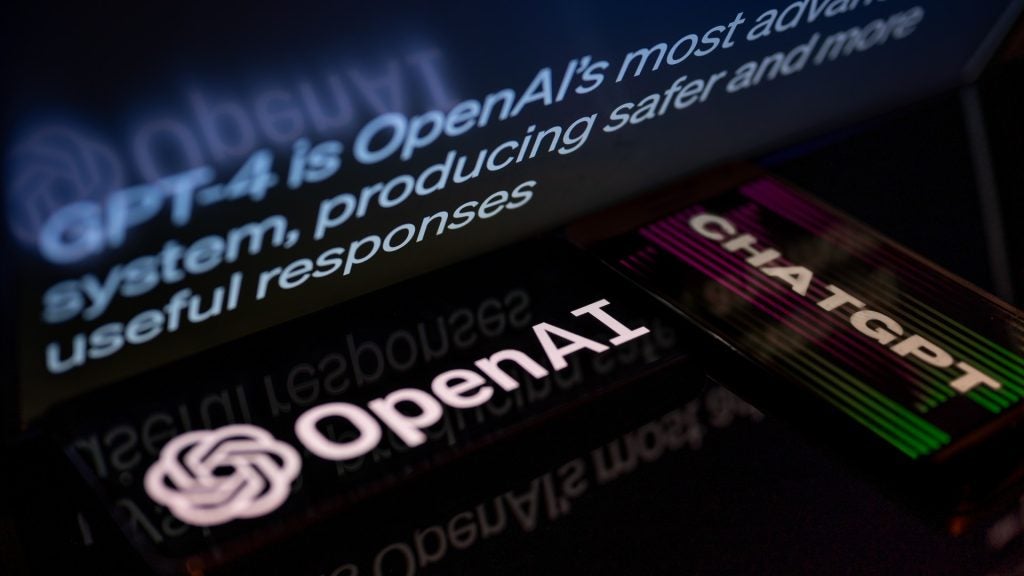Noah Medical's bronchoscopy robot has had its first use at a Hong Kong hospital, kicking off the company's first clinical trial in Asia.
The US-based company announced that the first patients have been enrolled in a trial to test the Galaxy System.
A successful first procedure was carried out at the Prince of Wales Hospital in Hong Kong marking a potential entry into the Asian market for the device that previously received US Food and Drug Administration (FDA) clearance in May of this year.
Founder of Noah Medical, Jian Zhang, said: “We are excited to explore the opportunity of early diagnosis and treatment of lung cancer globally, which will benefit billions of patients. Our mission is to help physicians diagnose and treat lung cancer more accurately and efficiently than ever before.”
The Galaxy System marks Noah Medical’s first commercial robotic device and entry into the rapidly growing healthcare robotics market. A report by GlobalData forecasts the surgical robotics market to be worth $10.3bn by 2030, while the care robotics market will be worth $4.1bn by the same time.
At the same time, the market for robotic surgical systems and accessories is expected to reach $10bn globally by the end of this year, with that market expected to grow significantly up to $15.8bn by the end of 2030, significantly overtaking the expected revenue for other forms of healthcare robotics such as care robots.
Noah Medical said that in a previous US-based clinical trial of the system earlier this year, the system was able to achieve a completely successful navigation to and targeting of a pulmonary legion in 100% of cases. Following 18 patients over the course of six months following surgery, the trial also found the device to have an 89.5% to 94.7% diagnostic yield.
At the same time, advances in care robotics are advancing, with the National Robotarium in Scotland developing a robotic glove intended to help patients recovering from a stroke regain dexterity.















